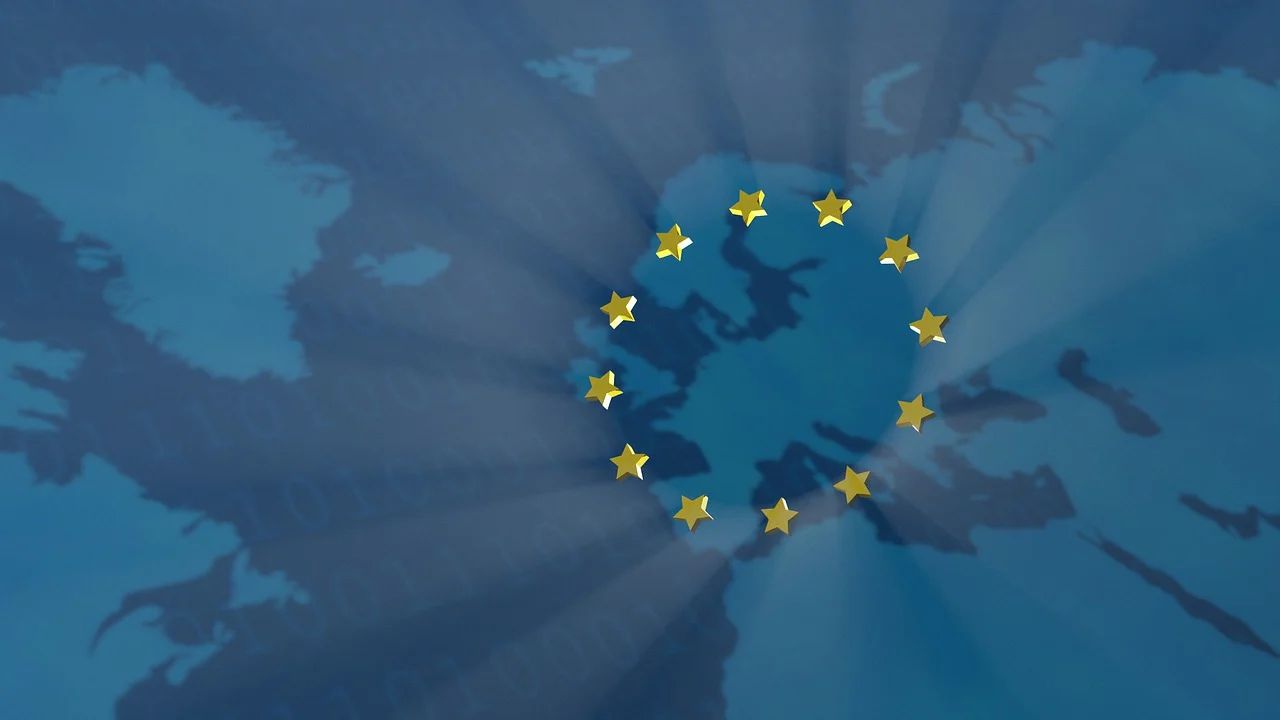Regulatory Compliance Journal
3 articles matching oecd tag
European Payments Package: PSD3 & PSR: What financial institutions need to prepare for
The European Commission's European Payments Package, consisting of the third Payment Services Directive (PSD3) and the new Payment Services Regulation (PSR), represents the most significant overhaul of EU payments regulation since PSD2 in 2015. Together, the directive and the regulation aim ...
- 8 min read
How to build an effective anti-bribery & corruption program
Your financial institution doesn’t have to be Enron to face a corruption scandal, but a plan to embed integrity deep within your operations is essential. Corruption doesn’t start with bribes but with blind spots in your controls. How does one create an effective anti-bribery & corruption pr...
- 8 min read
AML Package 2024–2026: What Financial Institutions Need to Know about AMLA, AMLR & TFR
The European Union has launched its most ambitious anti-money laundering (AML) reform to date. The “AML Package 2024–2026” introduces a new EU Anti-Money Laundering Authority (AMLA), a directly applicable Anti-Money Laundering Regulation (AMLR), and an updated Transfer of Funds Regulation...
- 9 min read
Why is cash prevalent in money laundering?
Despite the growing prevalence of digital payment systems and tighter financial regulations, cash remains an attractive tool for criminals. Its intractability, portability, and its difficulty to regulate offers a level of anonymity that digital transactions simply cannot match. While government...
- 12 min read
DORA: practical guide for small businesses
Compliance with the Digital Operational Resilience Act (DORA) represents a real challenge for small businesses in the financial sector. Unlike large institutions with dedicated cybersecurity and risk management departments, SMEs often lack specialized resources. They may not even have formal go...
- 8 min read
Looking for Regulatory Watch Newsletter?
More work
SEPA Instant Payments : understanding the requirements and deadlines of regulation 2024/886
AML, Compliance, Data Security, EU, Financial Institutions, GDPR, Know your Customer, KYC, Risk, instant payment, IPR, VoP, Transaction, Sanctions,The silent payments revolution is finally upon us. With the first compliance date of Regulation 2024/886 set for January 09, 2025, instant payments are set to become an integrated part of day-to-day banking. The Instant payment regulation (IPR) was ...
Facebook & Diem: the sensational entry in the financial world
Cryptocurrencies, Blockchain, Facebook, Financial firms, FinTech, RegTech, Money Laundering, Digital, Anti Money Laundering, Transparency, Financial operations,By targeting approximately 1.7 billion people around the world who do not have access to a traditional bank account, the American firm Facebook aspires to rely on its 2.4 billion users to reach the forgotten and the destitute people of the convention...
How to detect serious fiscal fraud?
Fraud, UBO Register, 6AMLD, AMLA, Anti Money Laundering, Caroussel, Fiscal fraud, Transparency,Serious fiscal fraud is not just a legal risk, it’s a direct threat to an organization’s reputation. The stakes are rising as European and national authorities ramp up enforcement under evolving frameworks like the Directive on Administrative Coo...






-806688168.jpg)







